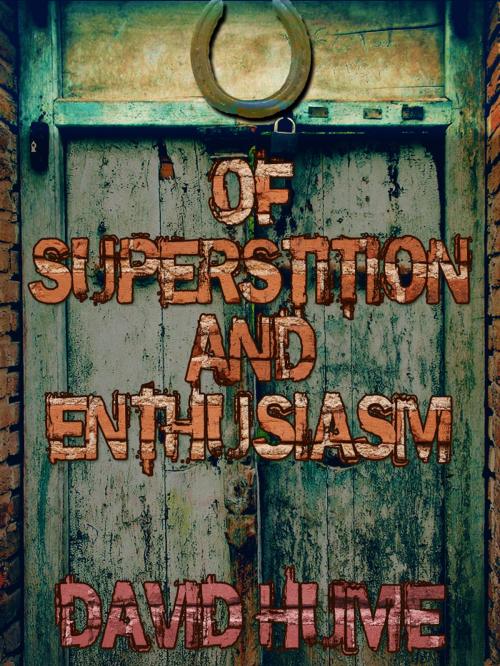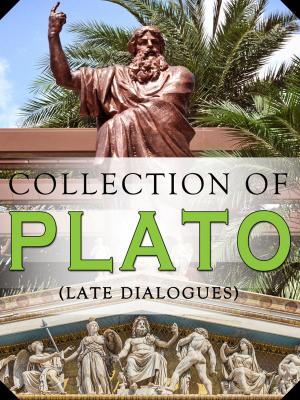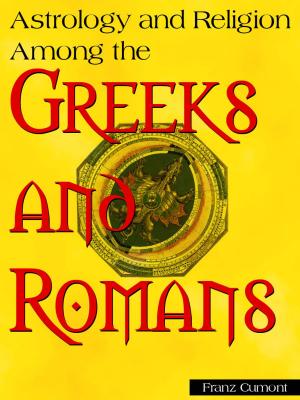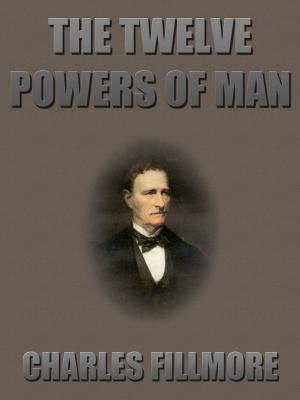Of Superstition and Enthusiasm
Nonfiction, Religion & Spirituality, Philosophy, Religious, Fiction & Literature, Classics, Historical| Author: | David Hume | ISBN: | 1230000033175 |
| Publisher: | AppsPublisher | Publication: | November 25, 2012 |
| Imprint: | Language: | English |
| Author: | David Hume |
| ISBN: | 1230000033175 |
| Publisher: | AppsPublisher |
| Publication: | November 25, 2012 |
| Imprint: | |
| Language: | English |
Of Superstition and Enthusiasm
by David Hume
That the corruption of the best things produces the worst, is grown into a maxim, and is commonly proved, among other instances, by the pernicious effects of superstition and enthusiasm, the corruptions of true religion.
These two species of false religion, though both pernicious, are yet of a very different, and even of a contrary nature. The mind of man is subject to certain unaccountable terrors and apprehensions, proceeding either from the unhappy situation of private or public affairs, from ill health, from a gloomy and melancholy disposition, or from the concurrence of all these circumstances. In such a state of mind, infinite unknown evils are dreaded from unknown agents; and where real objects of terror are wanting, the soul, active to its own prejudice, and fostering its predominant inclination, finds imaginary ones, to whose power and malevolence it sets no limits. As these enemies are entirely invisible and unknown, the methods taken to appease them are equally unaccountable, and consist in ceremonies, observances, mortifications, sacrifices, presents, or in any practice, however absurd or frivolous, which either folly or knavery recommends to a blind and terrified credulity.
Of Superstition and Enthusiasm
by David Hume
That the corruption of the best things produces the worst, is grown into a maxim, and is commonly proved, among other instances, by the pernicious effects of superstition and enthusiasm, the corruptions of true religion.
These two species of false religion, though both pernicious, are yet of a very different, and even of a contrary nature. The mind of man is subject to certain unaccountable terrors and apprehensions, proceeding either from the unhappy situation of private or public affairs, from ill health, from a gloomy and melancholy disposition, or from the concurrence of all these circumstances. In such a state of mind, infinite unknown evils are dreaded from unknown agents; and where real objects of terror are wanting, the soul, active to its own prejudice, and fostering its predominant inclination, finds imaginary ones, to whose power and malevolence it sets no limits. As these enemies are entirely invisible and unknown, the methods taken to appease them are equally unaccountable, and consist in ceremonies, observances, mortifications, sacrifices, presents, or in any practice, however absurd or frivolous, which either folly or knavery recommends to a blind and terrified credulity.















